104 Social Media | Examples of Social Media Strategies
Social Media Campaign vs. Ongoing Engagement
As well as engaging on a regular basis through social media, another strategy is to post on a very specific topic during a specific time limited event or a campaign. An example of a campaign is sharing your marine mammal research during the week-long #sharkweek event:
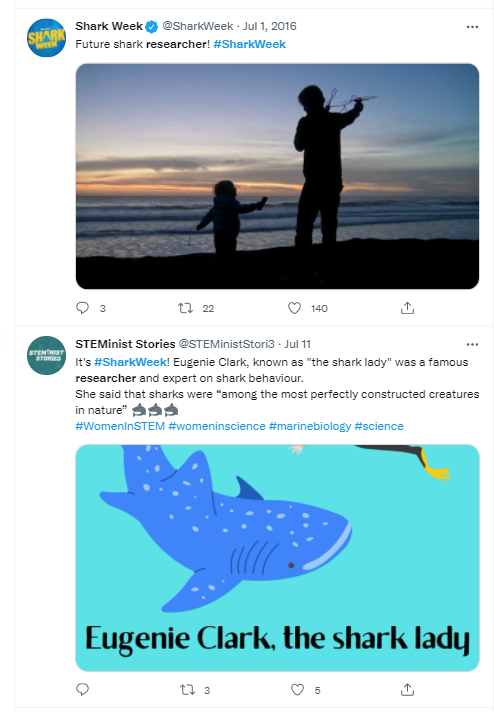
If you don’t have enough photo or video content to post a new photo every 2-3 days on Instagram or if you do not have an established audience on a particular channel, ask your academic institution’s social media team if they have any “social media takeover” opportunities.
Social media takeovers are short-term campaigns that are an opportunity to share your research expertise through an established social media account, with a large audience, all on one day or event. For example, taking over an Instagram account to share video of an on-going field experiment or the performance of a creative work.
Sharing your Communications Content onto Social Media
Creating social media content may be as easy as repurposing the content available in your own digital ecosystem or transforming other products created through your communications plan into online assets. For example:
An academic poster can become a tweet
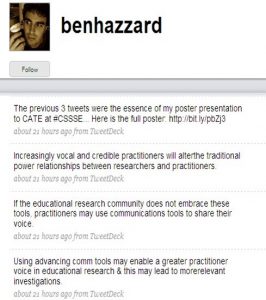
If your journal article has a graphical abstract, share it.
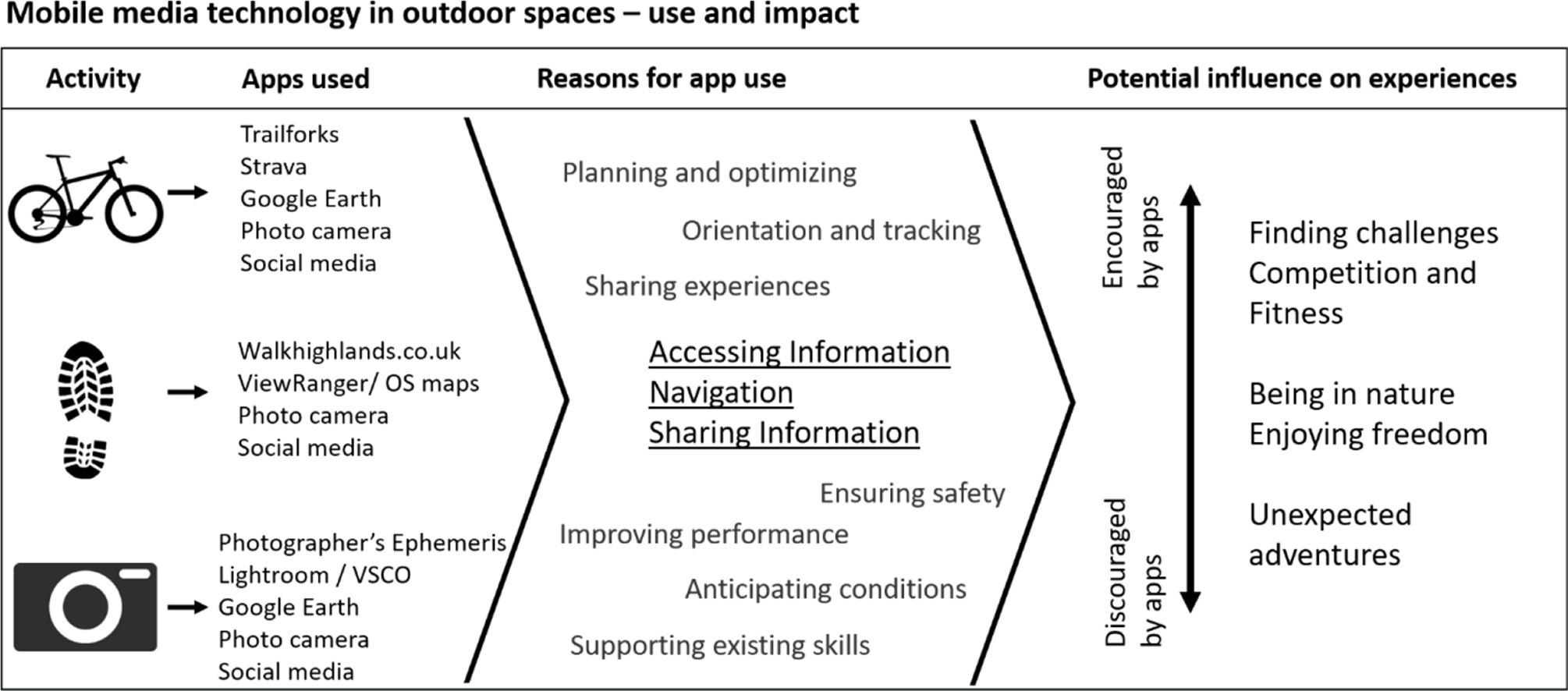
There is some research showing their effectiveness over social media
- Chapman, S. J., Grossman, R. C., FitzPatrick, M. E. B., & Brady, R. R. W. (2019). Randomized controlled trial of plain English and visual abstracts for disseminating surgical research via social media. Journal of British Surgery, 106(12), 1611-1616.
- Ibrahim, A. M., Lillemoe, K. D., Klingensmith, M. E., & Dimick, J. B. (2017). Visual abstracts to disseminate research on social media: a prospective, case-control crossover study. Annals of surgery, 266(6), e46-e48.
An academic paper can become an infographic, which can be shared in a tweet
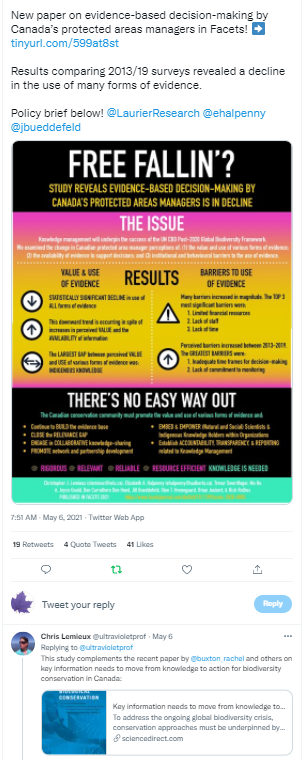
A paper can become a news story, which is shared in a tweet

An op/ed article publishing in an online op/ed network like The Conversation, can extend teh reach of your op/ed through its Canadian Press partners or republishing guidelines. You can then share the link to your op/ed through your social media networks. Perhaps your university is a partner in The Conversation and you can get detailed analytics of how your op/ed performs through The Conversation. Have any of your university colleagues published an op/ed through The Conversation? If so, make a note of those authors and add them into your networks. Potentially even flag them as collaborators on your next op/ed!
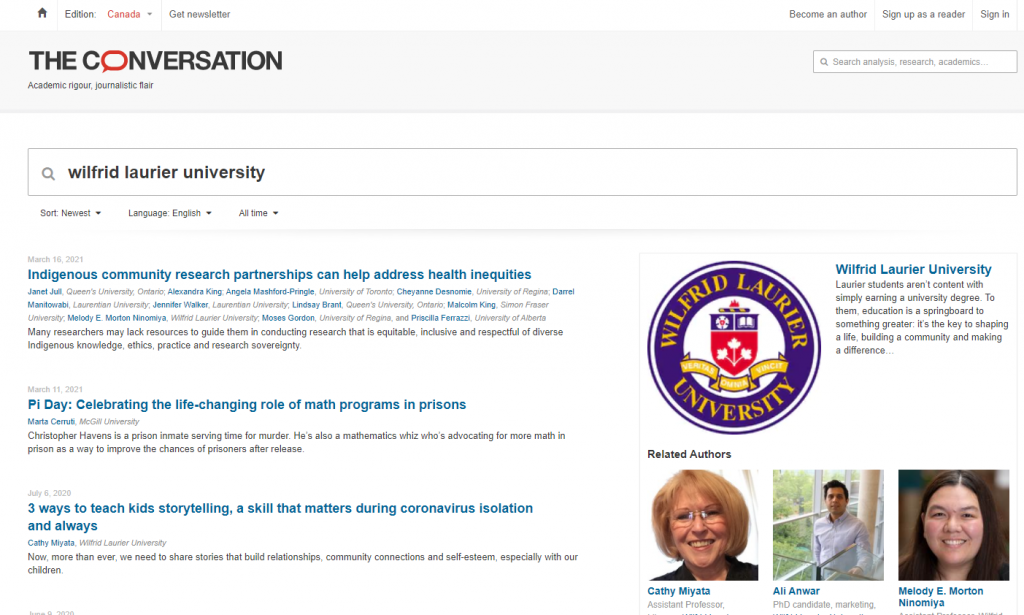 Listing of authors based at Wilfrid Laurier University who have published on The Conversation.
Listing of authors based at Wilfrid Laurier University who have published on The Conversation.

 Deeper Dive
Deeper Dive